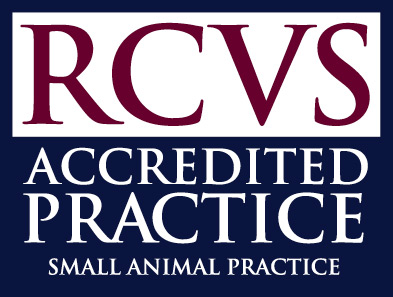There is no NHS for pets. We rely on our fees to fund the necessary staff and facilities to provide the best possible treatment and personal care. We try to keep our fees competitive and are always happy to provide an estimate.
Many pet owners take out insurance policies to cover medical expenses if their pet becomes ill, is lost or is injured in an accident; these policies mostly apply to cats and dogs. However, remember that policies won't normally cover routine visits to the vet for treatments such as vaccinations or neutering for this, we run a practice health plan which provides discounts on preventative health care and helps to spread the cost - you can read more about this here.
There are very many companies offering pet insurance and we recommend that you do insure your pet. We have an arrangement with Petproactive whereby we can in some circumstances arrange immediate insurance for your pet which is free for four weeks, but in general we are not allowed to make recommendations.
It is important to note that not all pet insurance is the same.
There are many different types of policy available and the level of cover provided can vary considerably. The four main types of policy are as follows:
- Accident: provides cover for accidents only and no cover for illness
Time-Limited: provides cover for a set amount of time (usually 12 months) and after this period the condition is excluded
Maximum Benefit: provides cover up to a maximum amount of money per condition and once this limit is reached the condition is excluded
Lifetime: provides a set amount of money each year which is refreshed each time you renew your policy allowing you to continue to claim for ongoing conditions.
As you can see from the information above, the type of policy you choose can have implications for the veterinary care of your pet and the costs you will face so it’s important to choose the right cover. Sometimes, the cheapest insurance can cost you more in the long run. When shopping around for a policy, we suggest that you ask the following questions to allow you to compare the overall value you are getting, not just the price:
- Does this policy cover congenital, hereditary, hip-related, dental and behavioural conditions?
- Is there a time or monetary limit on how long this policy will cover ongoing conditions for?
- If I claim, will my premium increase?
Unlike other forms of insurance it is not easy to switch pet insurance in the future as any pre-existing conditions your pet has are likely to be excluded so it’s important to do your research and choose the right cover from the start.



